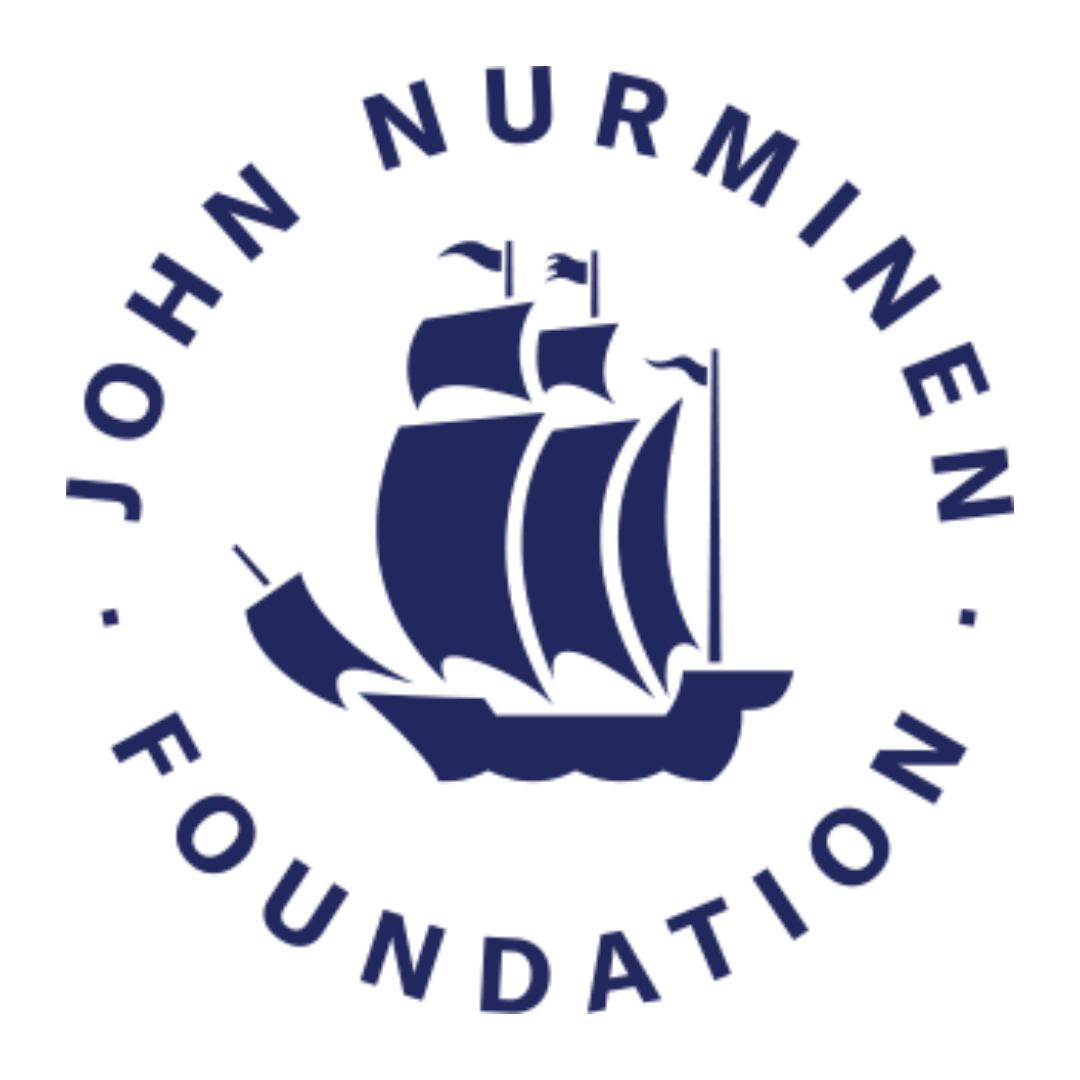The City of Helsinki is coordinating a three-year international project that aims to improve the management of industrial wastewater in municipal treatment plants in five countries around the Baltic Sea. Other partners in the project include waterworks, cities, universities and organisations with related expertise, such as the Helsinki Region Environmental Services Authority (HSY) and the John Nurminen Foundation from Finland. The project has been made a flagship project for the EU’s Strategy for the Baltic Sea Region.
The BEST project (Better Efficiency for Industrial Sewage Treatment) particularly aims to enhance collaboration between municipalities, industry and waterworks, and to promote best practices in the management of industrial wastewater, with the help of the project’s 16 partner organisations. The effective collaboration already realised in the Helsinki region will be used as one example of good practice. Many trials will be run at waterworks and food industry facilities to test ways to improve process management and curb load peaks at municipal treatment plants. A survey of the present state of industrial wastewater treatment around the Baltic Sea region will also be conducted, with recommendations then issued for process improvements where industrial wastewater ends up in municipal treatment plants.
“For Helsinki the BEST project represents a major international cooperation project that will help meet the urgent need to improve the joint efforts of industry, waterworks and municipalities to reduce pollution loads entering the Baltic Sea,” says Jan Vapaavuori, the Mayor of Helsinki.
“Its flagship status signifies right from the start that the BEST project will help to realise strategic objectives set for the whole Baltic Sea Region. The project will involve close cooperation between partners of the project consortium and other bodies including waterworks associations, industrial organisations, ministries and the Baltic Marine Environment Protection Commission HELCOM,” adds Vapaavuori.
Municipal wastewater treatment plants are primarily designed to treat wastewater from homes by removing organic material, phosphorus and nitrogen during various process phases. These treatment processes can easily be disrupted if plants have to cope with large quantities of industrial wastewater, especially if it contains harmful or toxic substances. Otherwise harmless effluent from food processing facilities may also disrupt municipal wastewater treatment plants if large amounts of materials such as dairy products are suddenly released into sewage systems. Such disturbances can seriously affect the purity of treated wastewater and the quality of residual wastewater sludge. The consequent risk of releases of inadequately treated industrial wastewater and sewage endangers recipient water bodies.
The BEST project will run from 1.10.2017 to 30.9.2020, with the City of Helsinki Environment Services as its main partner, working with 15 other partner organisations from Latvia, Poland, Finland, Russia and Estonia. The project’s total budget is 3.6 million euros, including 2.9 million euros of funding provided through the EU’s Interreg Baltic Sea Region Programme.
For more information:
Director General
Esa Nikunen
esa.nikunen(at)hel.fi
+358 40 504 5175
City of Helsinki Environment Services
Project Manager
Kajsa Rosqvist
kajsa.rosqvist(at)hel.fi
+358 40 510 2294
City of Helsinki Environment Services
http://www.itamerihaaste.net/en/our_work/our_projects/best


